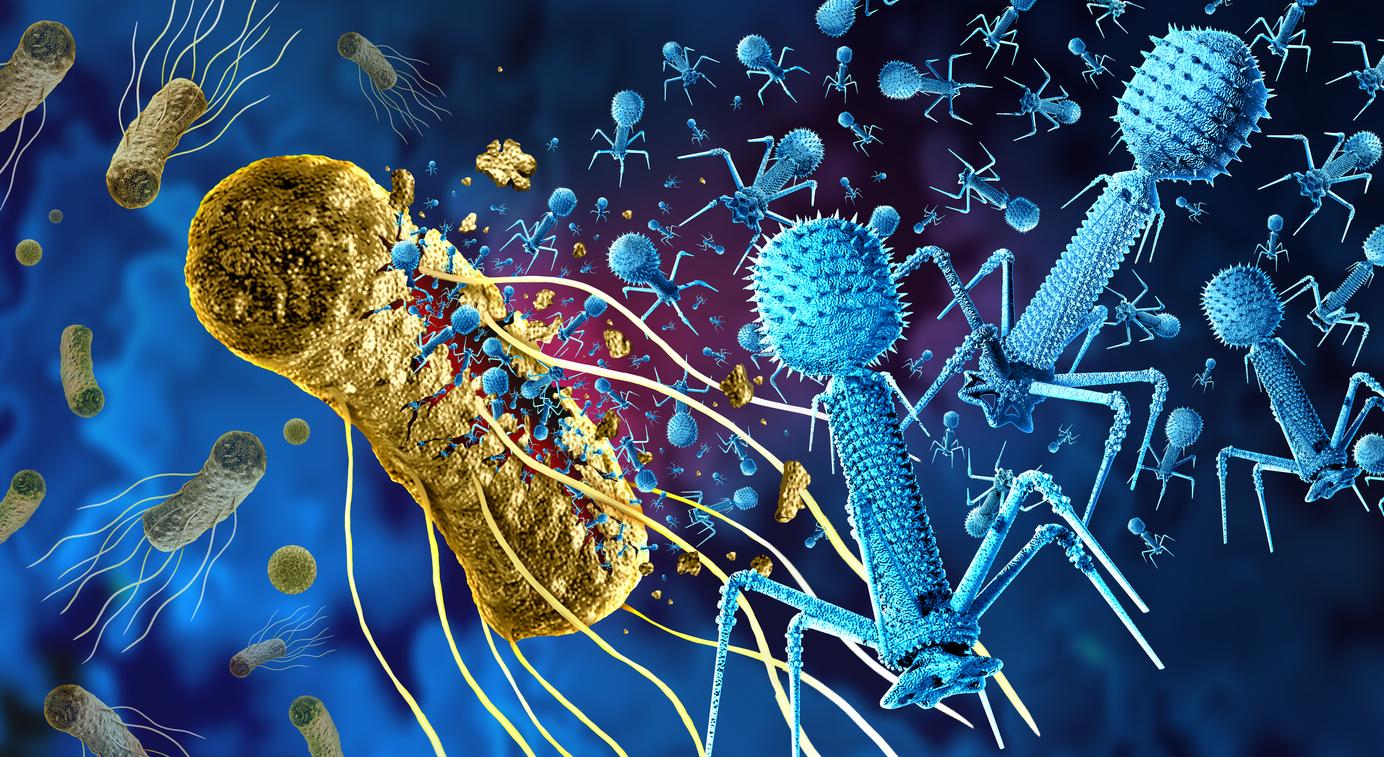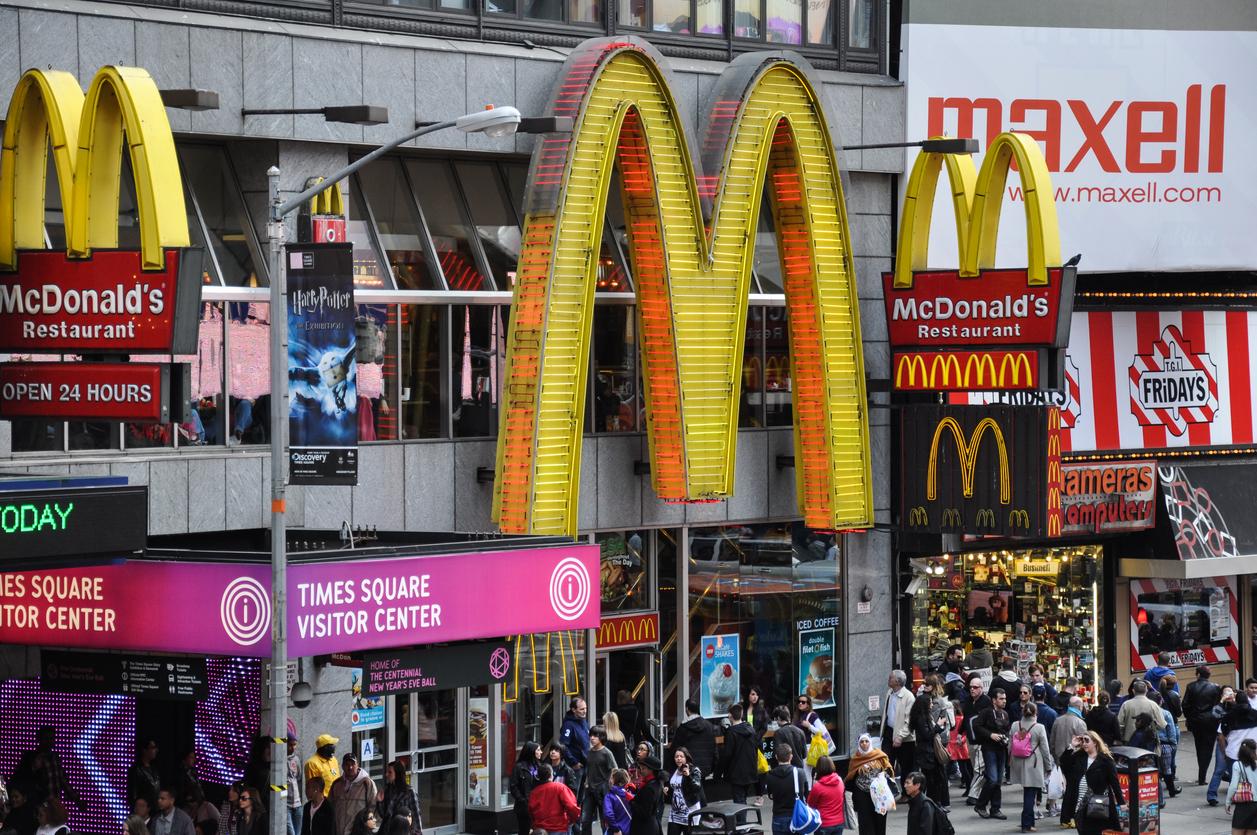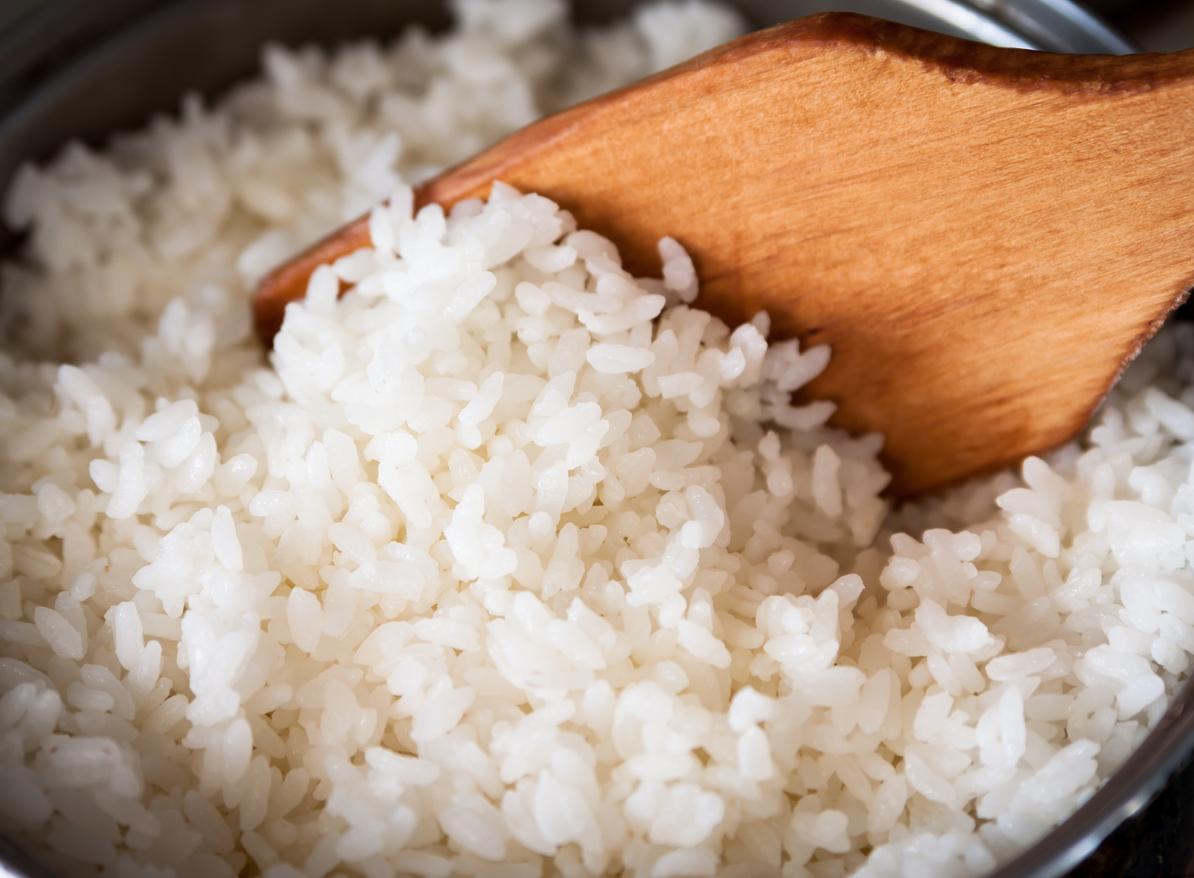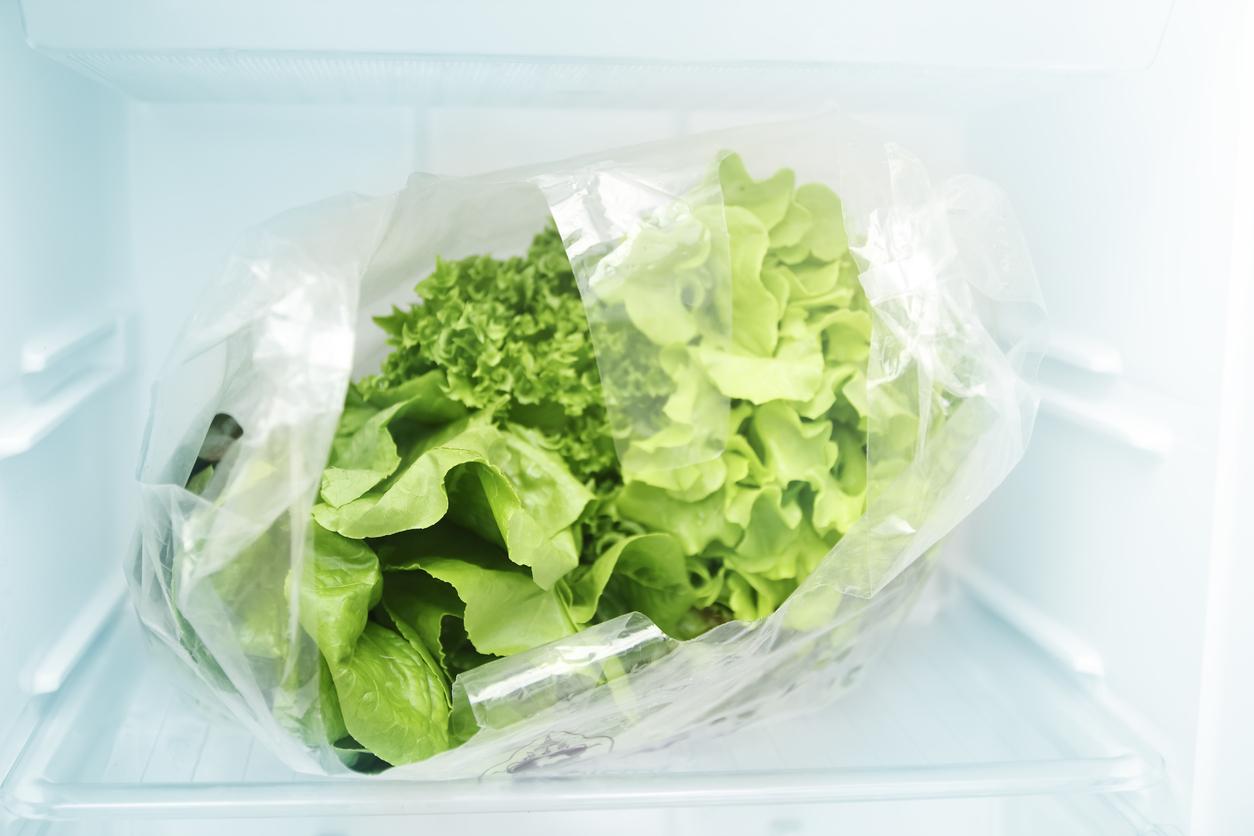In a press release, the Buitoni brand indicates that it has detected the E.coli bacteria in the dough of a frozen Fraîch’Up pizza. It asks consumers who bought products from this range before March 18 not to consume them.

- Each year, between 100 and 165 children with haemolytic uraemic syndrome are notified to Public Health France.
- A surveillance system for this disease has been in place since 1996.
On Friday March 18, in a press release, the Buitoni brand declared that it was carrying out a massive recall of frozen pizzas from the Fraîch’Up range.
In question: the detection in a paste of the E. coli bacterium, responsible for numerous serious poisonings in recent weeks, and which has notably caused the death of two children since the beginning of the year.
The Nestlé group brand asks consumers who have purchased one of the 16 Fraîch’Up frozen pizza references before March 18 not to eat them and to throw them away. The Directorate General for Competition, Consumer Affairs and Fraud Prevention (DGCCRF) specifies that the entire French territory is affected by this recall.
“Public authorities are investigating the resurgence of cases of hemolytic uremic syndrome (HUS) linked to E. coli to understand the origin”, Pierre-Alexandre Teulié, general manager in charge of communication at Nestlé France, told AFP. The latter, however, specifies that he “There is no proven link between our products and the poisonings that have occurred”. This reminder is a “Buitoni’s initiative in the name of the precautionary principle”.
“A possible link” with serious cases of E. coli poisoning
Since the beginning of the year, cases of serious contamination with the E.coli bacterium have increased sharply throughout France. In a statement dated March 18, Public Health France declares that it is continuing its investigations into the cases of serious hemolytic and uremic syndromes (HUS) which have occurred since January 1 and explains that “the analyzes (epidemiological, microbiological and traceability) carried out suggest, at this stage, a possible link with the consumption of frozen pizzas from the Fraîch’Up range”.
According to the same press release, 27 cases of HUS or serious infection linked to E. coli bacteria with similar characteristics had been identified, “and 31 additional cases are under investigation”.
Little risk when cooking pizza
If you eat one of these pizzas, how do you know if you are the victim of poisoning? This would occur within 3-4 days after consumption, and within 10 days maximum, specifies the Directorate General of Health. People who “show diarrhea, abdominal pain or vomiting, are invited to consult their doctor quickly, notifying him of this consumption and the recall of products by the company and to keep the product packaging. In the absence of symptoms , there is no need to worry”.
According to the general manager in charge of communication of Nestlé France, “one of the characteristics of frozen pizzas is that Escherichia coli disappear with heat, a pizza placed in the oven no longer presents any danger if it is consumed”.
Consumers can however be reimbursed for their purchase by bringing a photo of the packaging with the product references (use-by date, bar code number, batch number, production time) by calling 0800 22 32 4.
.
















